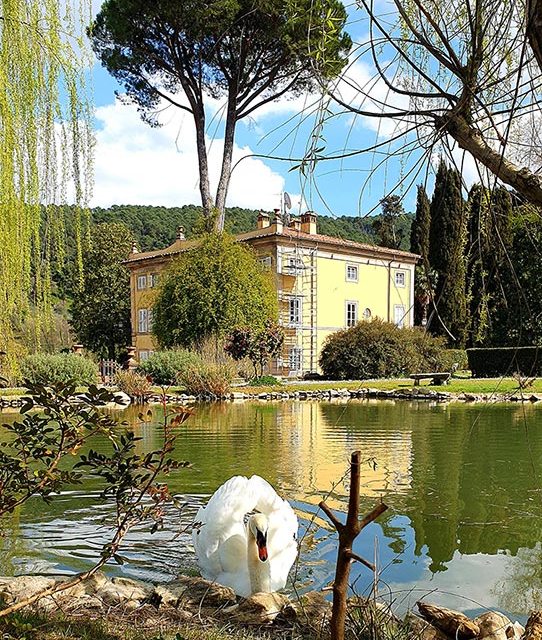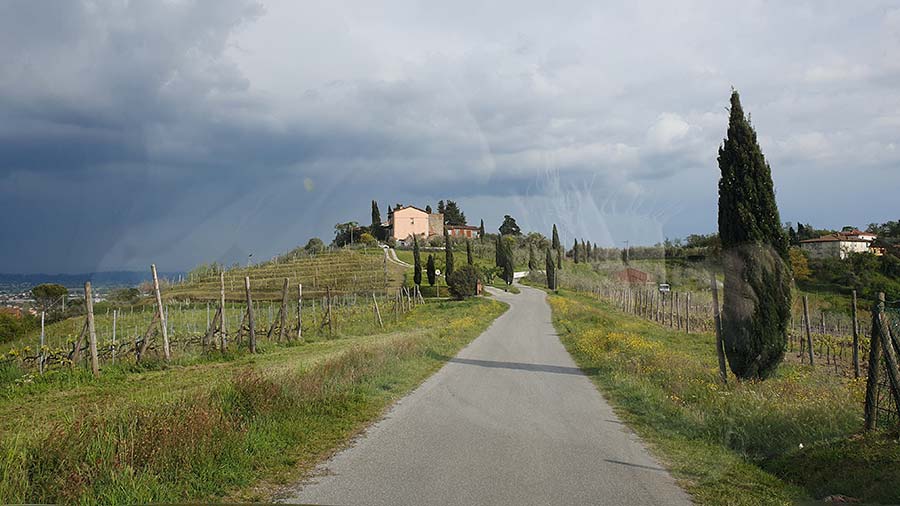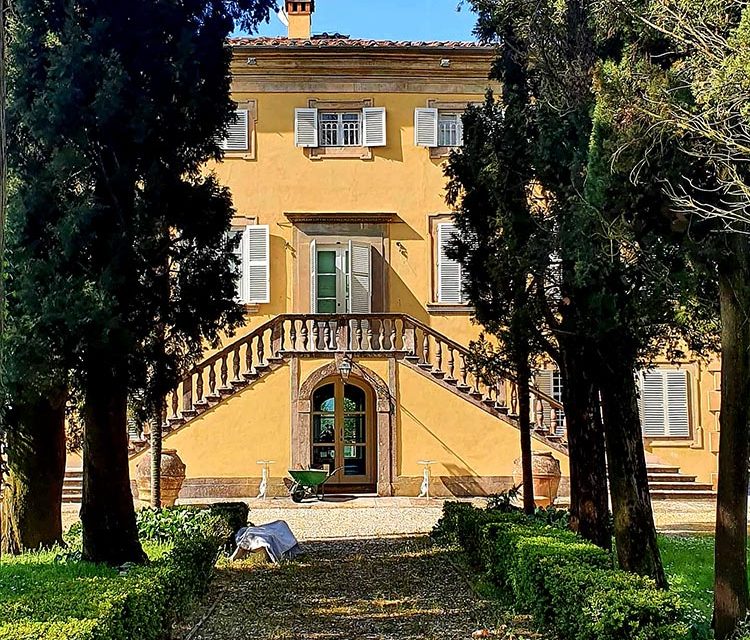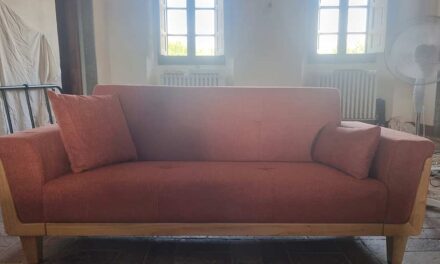Bureaucracy: Italy’s Endless Paper Trail
Italy is infamous for its bureaucracy. Something as simple as getting an internet connection or registering for waste collection can turn into a marathon of forms, stamps, and waiting rooms. Now imagine dealing with property paperwork.
The purchase process is slow, complicated, and expensive. Buyers must navigate the notary system, land registry, cadastral values, and countless municipal approvals. Each step involves fees and—worse—delays. What could take a few weeks in another country often drags into months in Italy.
And bureaucracy doesn’t stop once the keys are in your hand. Expect to wrestle with endless rules around renovations, energy certificates, septic systems, and even paint colors if your house falls under historical protection. It’s not the carefree Tuscan dream. It’s a full-time job.

Taxes That Eat Away the Romance
Italy’s property taxes are another reason to avoid buying. There’s IMU (property tax), TASI (services tax), and garbage collection fees. Add to this Italy’s inheritance tax rules and the potential for capital gains if you sell within five years, and suddenly the dream home starts to look like a financial trap.
Foreigners often underestimate the cost of ownership here. Unlike in some countries, Italy doesn’t give property owners much relief. Even if you use the house for just a few months a year, you still pay local taxes, utility charges, and community fees.
And don’t forget Italy’s global tax reach: if you stay long enough to become tax resident, you may find yourself reporting worldwide income to the Italian tax office. For retirees or entrepreneurs, that can be a nightmare.
The Hidden Cost of 300-Year-Old Villas
Italy’s villas are breathtaking. Stone walls, terracotta roofs, frescoed ceilings—who wouldn’t be tempted? But these homes are also hundreds of years old. With that comes maintenance costs that can break the bank.
Heating a centuries-old villa in winter requires more than just a romantic fireplace. You’ll need modern boilers, radiators, or pellet stoves. Insulation is often poor, which means higher energy bills and a constant battle against damp. Roof repairs, cracked walls, and ancient plumbing all add to the expense.
Do you really want to be in your sixties or seventies worrying about water infiltration, rebuilding a septic tank, or replacing 200-year-old beams? Many foreigners arrive starry-eyed, only to be swallowed by renovation projects that drain their finances and their patience.

The Pothole Problem
Living in Italy means learning to live with potholes—literally. Local roads are often in disrepair, particularly in rural Tuscany. Municipalities struggle with budgets, and roadworks can take years to complete.
This may sound like a small issue, but it’s a daily reminder of where Italy puts its priorities. Roads reflect the wider infrastructure: neglected, underfunded, and slow to improve. The charm of country drives quickly fades when your suspension is constantly tested.

Winter in Tuscany: The Unspoken Truth
Summer in Tuscany is pure magic. Warm evenings with a glass of Chianti, sunflower fields glowing under the July sun, the buzz of tourists filling medieval streets. But winter is a very different story.
The countryside empties out. Many restaurants close. Stone houses turn cold and damp. Heating costs skyrocket, yet you never feel truly warm. The romantic isolation of a hilltop home in August becomes a lonely, grey retreat in January.
For many expats, winter is when reality hits hardest. The dolce vita suddenly feels heavy. Without family nearby or an active social life, it can be depressing. Unless you love long winters indoors and expensive heating bills, Tuscany in January is not what the brochures promise.
Renting: Freedom Without the Burden
So why buy when you can rent? Renting in Tuscany offers all the benefits without the risks. You can enjoy the seasons you love, and leave when the weather or lifestyle no longer suits you.
No property taxes. No endless maintenance bills. No sinking thousands into a roof repair you didn’t expect. Renting gives you flexibility—you can live in Florence one year, Siena
















You must be logged in to post a comment.